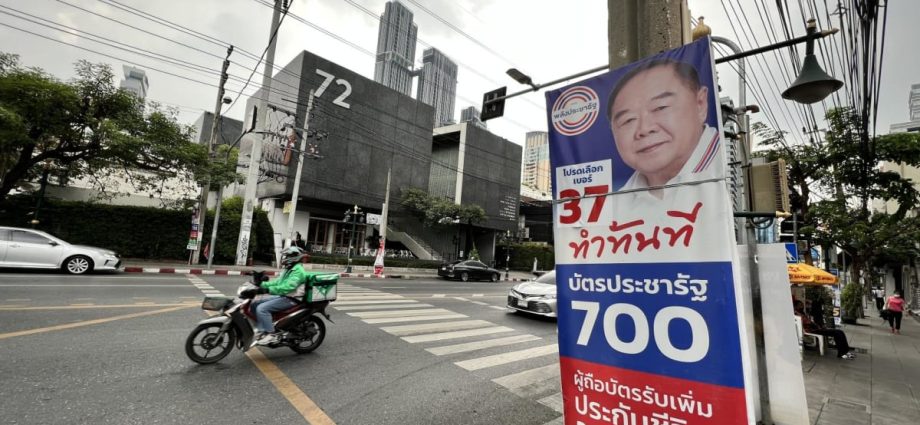
This type of spending is of concern, according to Wannaphong from Ramkhamhaeng University. The cost of the state welfare program could fund an entire national semiconductor industry, he argued.
“The current government has paid about 20 per cent of the population for about five years. And there’s no evidence so far that this policy works, but they’re going to continue it,” he told CNA.
“If you look at the broad theme of the policy, they’re going to deal with the ageing society, the poor and increase the welfare state. So overall, there’s nothing wrong with that. But there are alternative policies that are more creative and can have more potential for jobs and innovation.
“Thailand is a middle-income country and we cannot spend all our money on the cash handouts,” he said.
The details and costings of many of the policies are scarce. They may also be impossible to deliver given Thailand’s budget restraints, the economists agreed.
At the same time, they said that the maturity of Thailand’s democracy has taken a hit following a series of military coups in recent decades. It means the consolidation of power is of greater importance than the contest of big ideas.
Wannaphong said that promoting policies that attempt to make structural economic reforms on a wide scale over an extended period of time, while potentially more productive, are more difficult to sell in a crowded election race.
Those might include promoting the national business environment, open trade policies and boosting critical industries like manufacturing and agriculture.
“Those policies are not attractive to people. Politics is politics. I mean, when it comes to elections, they want to win … more than the intention to really reform the country,” Wannaphong said.
“As populism is on the rise in Thailand, I’m not surprised when I see this,” he said. “(But) it doesn’t mean that they cannot come back to fix the core structure of the economy after the election.”
Additional reporting by Jarupat Buranastidporn.

